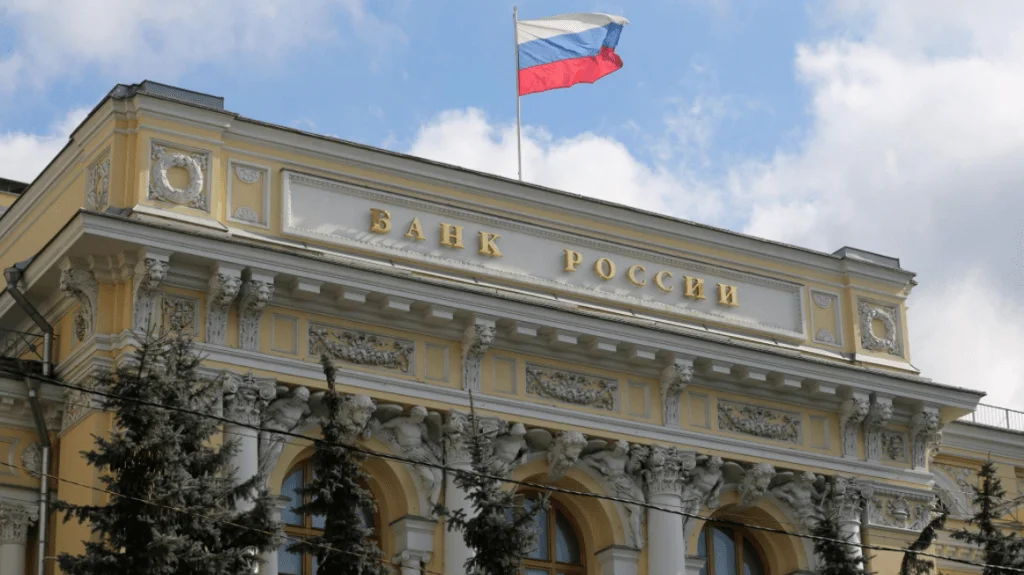The Bank of Russia issued an official statement on the regulation of mutual investment fund investment opportunities on Monday, December 13th.

The Russian central bank has maintained its tight stance on the cryptocurrency business, with mutual funds now explicitly prohibited from investing in cryptocurrencies such as BTC. The Bank of Russia issued an official statement on the regulation of mutual investment fund investment opportunities on December 13th.
The Bank of Russia
Despite the fact that the document expands the number of assets available for mutual funds to invest in, it prohibits fund managers from purchasing cryptocurrencies and “financial instruments whose value is based on the prices of digital assets.” Mutual funds are not permitted to provide crypto exposure to qualified or unqualified investors, according to the statement.
In July 2021, the Bank of Russia advised asset managers to restrict cryptocurrency from mutual fund exposure. Despite the lack of a legal ban, there have been no Russian mutual funds with crypto exposure, according to a report by local news agency RBC.
According to reports, Russia now has only one industry-related ETF, according to Artem Deev, head of the analytics department at brokerage house AMarkets. According to Deev, the fund is administered by “BrokerCreditService,” a joint-stock management organization that invests in companies focusing on decentralized data storage and blockchain, such as Jack Dorsey’s Block, PayPal, and Broadcom.
According to Sber’s asset management chief Vasily Illarionov, Russia’s largest bank is aiming to introduce a blockchain-focused ETF. The ETF will be dubbed “Blockchain Economy” and will invest in blockchain-related stocks. The fund, according to Illarionov, is not subject to Bank of Russia limitations and can be marketed to ordinary investors.
As previously reported, the Bank of Russia has adopted a tough position on cryptocurrencies, prohibiting several major banks from providing cryptocurrency investing services. Such services, according to the authority, do not “meet the interests of investors and bear considerable risks.”
